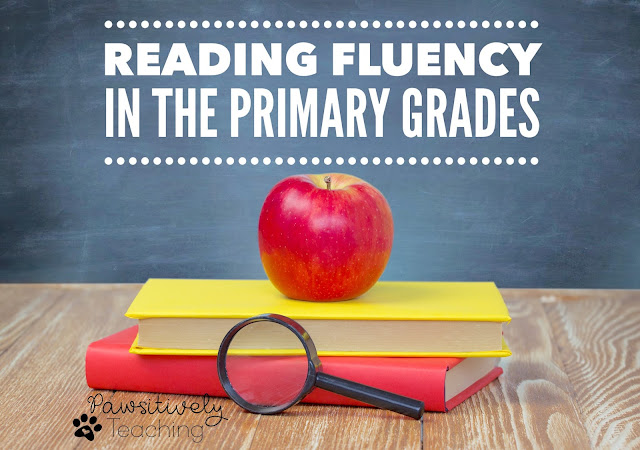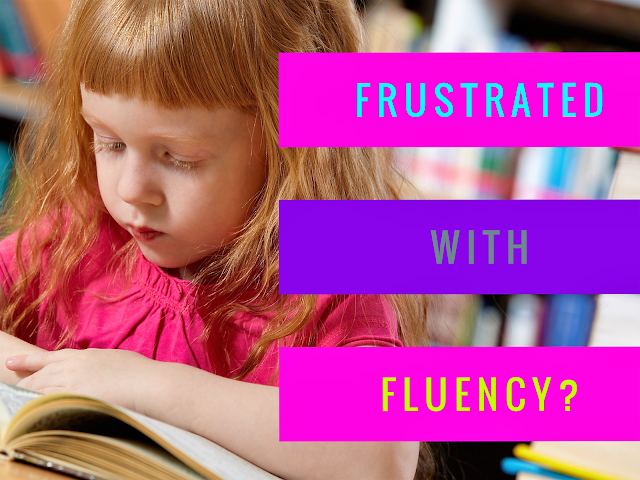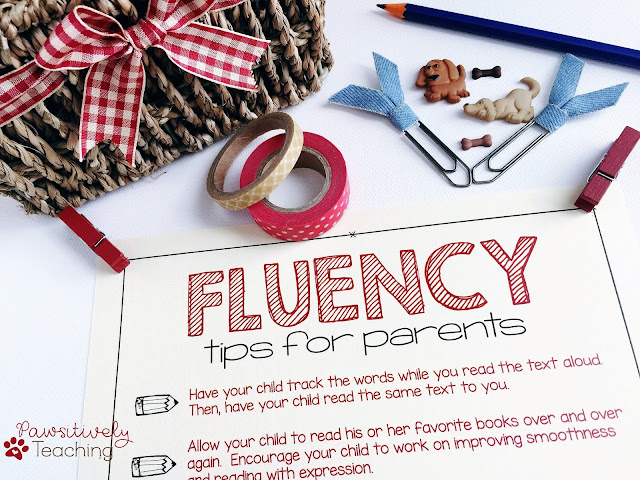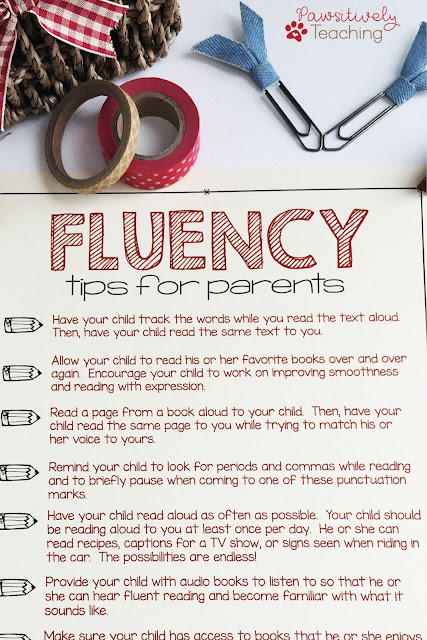Why is reading fluency important?
Have you ever tried to learn to play an instrument? If so, think about those early days of learning the instrument. I can remember my days in middle school band. Each note was a struggle! If I was lucky enough to recognize the note at first glance, then came the struggle of how to hold my lips and which keys should be held down, not to mention when the note was to be played. After lots and lots of practice, frustration, and even a few tears, the notes started to come more easily.
Eventually, the notes became automatic, and my fingers and lips knew what to do without me having to think much about it. This allowed me to enjoy the music and the act of playing more than I ever could as a beginner. I think about this experience often as I watch my young students learning to read, and I want to help guide them to fluency in reading so that they can enjoy reading.
Eventually, the notes became automatic, and my fingers and lips knew what to do without me having to think much about it. This allowed me to enjoy the music and the act of playing more than I ever could as a beginner. I think about this experience often as I watch my young students learning to read, and I want to help guide them to fluency in reading so that they can enjoy reading.
Teachers and researchers agree that reading fluency is an important factor in a student's overall reading success. As I begin to plan for the next school year, I'm thinking of students like Meg. Meg could read fairly accurately. Unless faced with more challenging vocabulary, she would get most of the words correct. Meg was a good word caller. However, when reading aloud, Meg would ignore punctuation and phrasing. Her reading sounded choppy and labored. After finishing the text, Meg struggled to answer questions about what she read, and she could retell only the simplest of details. On the other hand, during read aloud time, Meg had excellent comprehension and was able to make numerous connections with the text. What was missing for Meg? For Meg and many others like her, the answer lies in reading fluency. Unfortunately, the development of fluency is overlooked in some classrooms because other skills seem more important.
Looking to improve fluency for your students? One of the first things I would suggest is soliciting support from your parents. Many parents want to help their child at home but they just aren't sure how. "Fluency Tips for Parents" is a print and go document that gives parents easy to implement tips for fluency practice at home. You can grab your copy for FREE HERE.
For even more ideas and resources for developing fluency in your classroom, sign up to have "A Teacher's Guide to Developing Fluency in the Primary Grades" delivered to your inbox.



















No comments